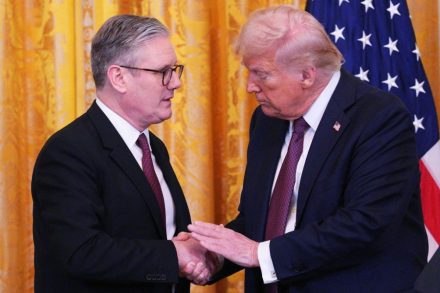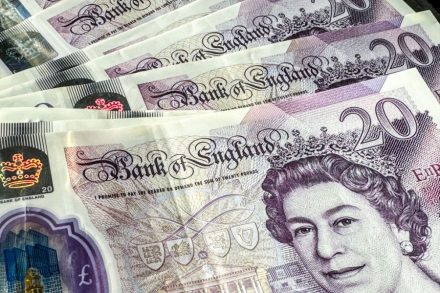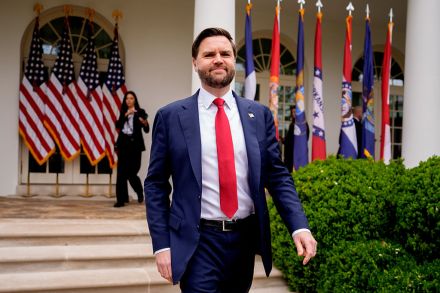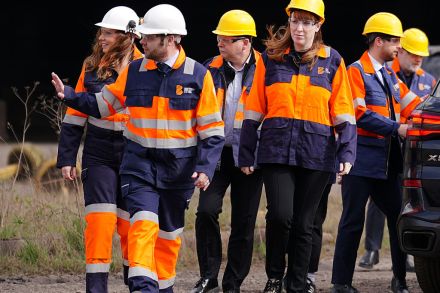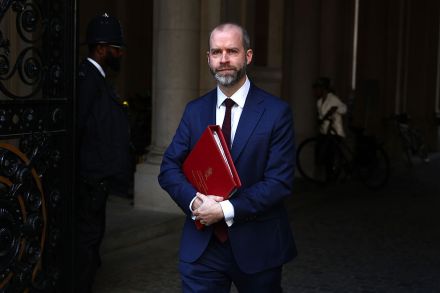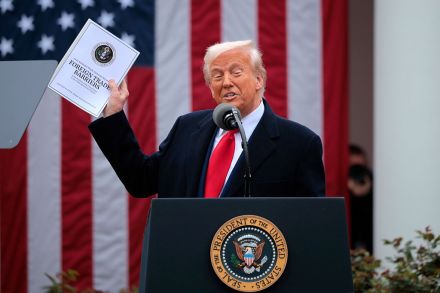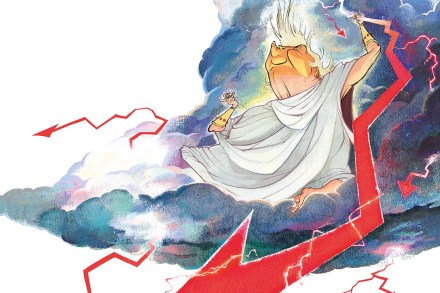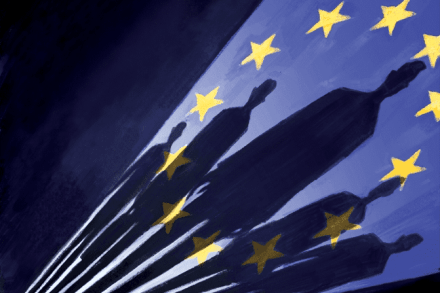Why Reeves should be wary of changing cash ISAs
Shrewd parents extol upon their children the importance of stashing away some cash. Unfortunately, they rarely offer much guidance on what to actually do with that money. As a result, much of it gets squirrelled away in pink, ceramic pigs where inflation eats it up. Many adults make the same mistake as these young savers. The more savvy ones opt to invest, perhaps in an Individual Savings Account (or ISAs), which are tax free savings accounts that let you save up to £20,000 every year, usually in the form of cash or stocks and shares. But it’s widely reported that the Treasury is considering a radical shake up of the





